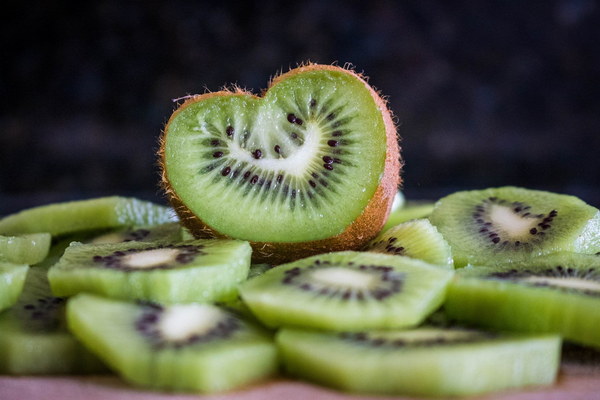Revitalize Your Kidneys A Comprehensive Guide for Young Adults Suffering from Kidney Deficiency
Introduction:
Kidney deficiency, also known as kidney Yin or Yang deficiency, is a common health issue among young adults. This condition can be caused by various factors such as stress, poor diet, and lack of exercise. In this article, we will provide you with a comprehensive guide on how to nourish and strengthen your kidneys, helping you lead a healthier and more energetic life.
1. Understanding Kidney Deficiency
Kidney deficiency is a condition where the kidneys fail to perform their essential functions, such as filtering waste products from the blood, producing hormones, and maintaining electrolyte balance. Symptoms of kidney deficiency include fatigue, weakness, poor concentration, hair loss, and frequent urination. To combat this condition, it's crucial to adopt a holistic approach, which includes diet, exercise, and lifestyle changes.
2. Diet
A well-balanced diet can play a significant role in nourishing your kidneys. Here are some tips to consider:
a. Increase intake of kidney-friendly foods: Incorporate foods rich in vitamins, minerals, and antioxidants, such as lean meats, fish, eggs, dairy products, and nuts. These foods help to strengthen your kidneys and improve overall health.
b. Limit salt and caffeine: Excessive salt and caffeine can strain your kidneys and exacerbate kidney deficiency. Reduce your intake of processed foods, fast food, and beverages containing high levels of caffeine.
c. Drink plenty of water: Staying hydrated is essential for kidney health. Aim to drink at least 8-10 glasses of water per day to support kidney function.
d. Eat more fruits and vegetables: Fruits and vegetables, especially those high in vitamin C and potassium, can help reduce the risk of kidney disease and improve kidney function.
3. Exercise
Regular exercise can boost kidney health and help combat kidney deficiency. Here are some exercises that can benefit you:
a. Cardiovascular exercises: Activities such as walking, running, cycling, and swimming can improve circulation, which is vital for kidney health.
b. Strength training: Strengthening your muscles can enhance your overall health and support kidney function.

c. Yoga: Yoga can help reduce stress, improve flexibility, and promote kidney health.
4. Lifestyle Changes
Adopting healthy habits can significantly improve your kidney health. Consider the following:
a. Manage stress: High levels of stress can exacerbate kidney deficiency. Practice stress-reducing techniques such as meditation, deep breathing exercises, and mindfulness.
b. Get enough sleep: Lack of sleep can weaken your immune system and make it more challenging to combat kidney deficiency. Aim for 7-9 hours of sleep per night.
c. Avoid smoking and excessive alcohol consumption: Smoking and excessive alcohol can damage your kidneys and worsen kidney deficiency.
5. Herbs and Supplements
Certain herbs and supplements can help nourish and strengthen your kidneys. Consult with a healthcare professional before starting any new supplement regimen. Some popular kidney-friendly herbs and supplements include:
a. Astragalus: Known for its immune-boosting properties, Astragalus can help improve kidney function.
b. American ginseng: This herb can enhance energy levels and support kidney health.
c. Nettle root: Nettle root has diuretic properties and can help improve kidney function.
Conclusion:
Kidney deficiency can be a challenging condition, but with the right approach, you can improve your kidney health and lead a more vibrant life. By focusing on a well-balanced diet, regular exercise, stress management, and healthy habits, you can effectively nourish and strengthen your kidneys. Remember to consult with a healthcare professional before making any significant changes to your diet or lifestyle.









